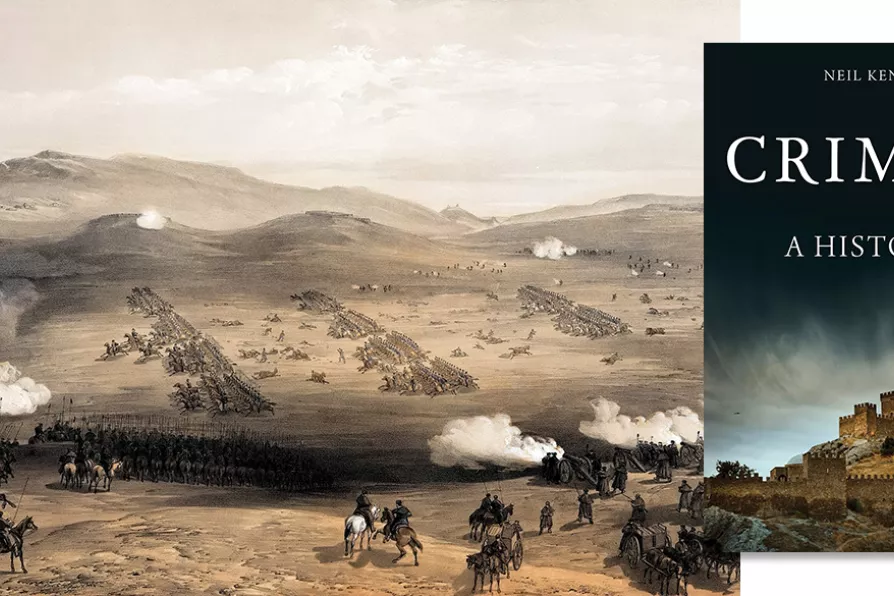JOHN GREEN, MARIA DUARTE and ANGUS REID review Fukushima: A Nuclear Nightmare, Man on the Run, If I Had Legs I’d Kick You, and Cold Storage

 DOOMED: William Simpson’s depiction of the Charge of the Light Cavalry Brigade, 25th Oct. 1854. Lord Cardigan leads the charge toward Russian artillery on the left, in the foreground, and on the right flank; Russian cavalry wait in readiness to engage the British or to counterattack.
[The Library of Congress/CC]
DOOMED: William Simpson’s depiction of the Charge of the Light Cavalry Brigade, 25th Oct. 1854. Lord Cardigan leads the charge toward Russian artillery on the left, in the foreground, and on the right flank; Russian cavalry wait in readiness to engage the British or to counterattack.
[The Library of Congress/CC]
The Crimea - a History
Neil Kent, Hurst, £16.99
THIS fascinating history through the ages is essential reading for all those wishing to understand the background to the present conflict in Ukraine. In this ongoing war between Ukraine as a Nato proxy and Russia, the Crimea has played a key role.
It shapes the headlines much as it did some 160 years ago, when the Crimean War pitted Britain, France and Turkey against tsarist Russia. Yet few books have been published on the history of this peninsula. For many readers, Crimea seems as remote today as it was when colonised by the ancient Greeks.

BRENT CUTLER is intrigued by the imperialist, supremacist and contradictory history of a word that is used all too easily

In the first half of a two-part article, PETER MERTENS looks at how Nato’s €800 billion ‘Readiness 2030’ plan serves Washington’s pivot to the Pacific, forcing Europeans to dismantle social security and slash pensions to fund it

As Britain marks 80 years since defeating fascism, it finds itself in a proxy war against Russia over Ukraine — DANIEL POWELL examines Churchill’s secret plan to attack our Soviet allies in 1945 and traces how Nato expansion, a Western-backed coup and neo-nazi activism contributed to todays' devastating conflict










